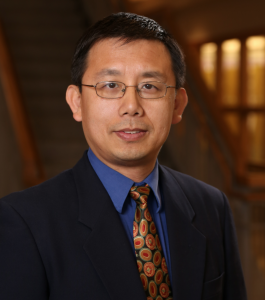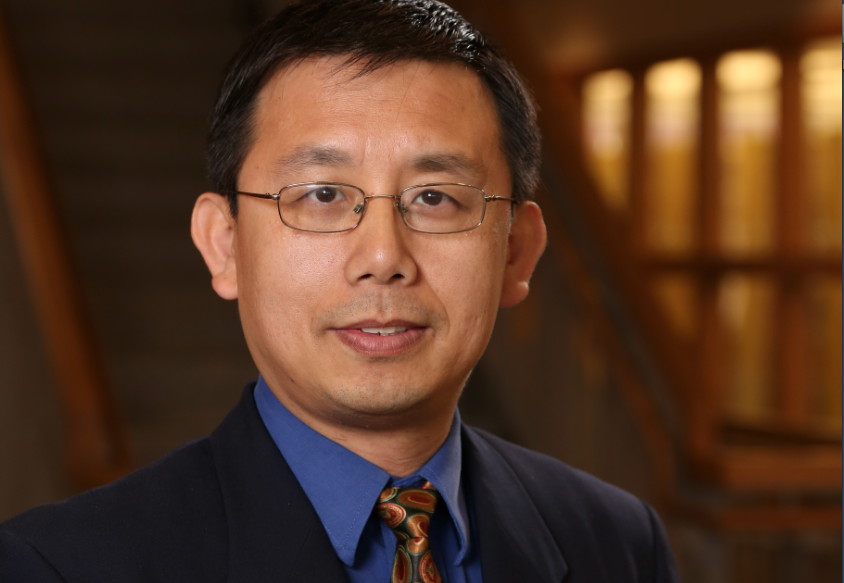Jackson State University’s Department of Civil and Environmental Engineering has been awarded a $559,660 grant from the National Science Foundation for the purchase of a 3D state-of-the-art microscope and beam for cutting and peering into layers of dense objects such as rocks.

The device known as a “scanning electron microscope” with a “focused-ion beam” (SEM/FIB) will support research in medicine, engineering and dentistry, for example.
Simply stated, matter unseen by the naked eye can be more easily manipulated and analyzed because of SEM/FIB’s extraordinary molecular nanotechnology. Moreover, the device produces unparalleled 3D imaging to assist a variety of experts, such as in medicine to perform CT scans and by geologists to study inside rocks at different layers.
Dr. Lin Li, principal investigator and associate professor of civil engineering in the Department of Civil and Environmental Engineering, said, “This equipment is extremely powerful, with an ability for viewing material in a three-dimensional way for composing information. It can also determine various types of material.”
The University of Mississippi Medical Center has expressed interest in using the device and Lin pointed to areas such as dentistry that would find the device valuable for oral examinations and cutting and inspecting layers of dense surfaces. Engineering and chemistry are other fields that would benefit greatly from the molecular beam device for nanoparticle research. The technology measures microscopic material in nanometers on an atomic scale.
Lin said the device has helped JSU forge collaboration with the U.S. Army Corps of Engineers in Vicksburg for polymer and bio-material research. Other universities, such as Mississippi State, have also expressed interest. The device will be housed in the Nano Laboratory of JSU’s engineering building.
Dr. Richard Aló, dean of the College of Science, Engineering and Technology at JSU, said, “We are enthusiastic about the collaborative efforts in advancing research by making large amounts of data accessible to various science disciplines for the benefit of Mississippi and beyond.”
Another benefit is that the equipment will aid in JSU’s recruitment of top doctoral students, Lin said.
“We need more engineers in this country. We especially desire more African-Americans at the Ph.D. level. This equipment will lead to high-quality research and hopefully attract more students,” he said.
The project’s co-principal investigators include Dr. Farshad Amini, chair of the Department of Civil and Environmental Engineering; Dr. Ashton T. Hamme, Department of Chemistry and Biochemistry; and Dr. Wilbur Walters, Department of Physics, Atmospheric Sciences and Geoscience.







